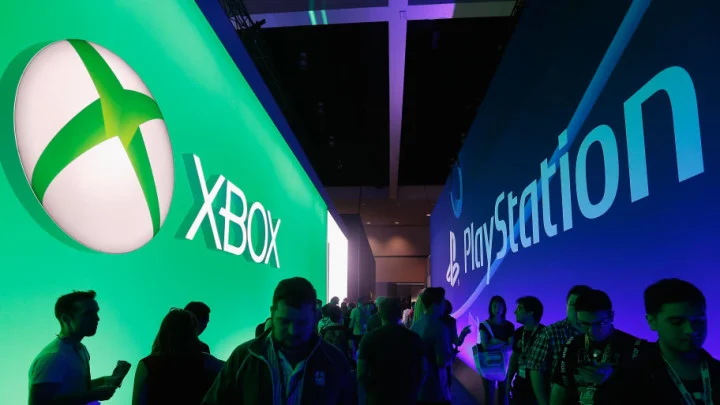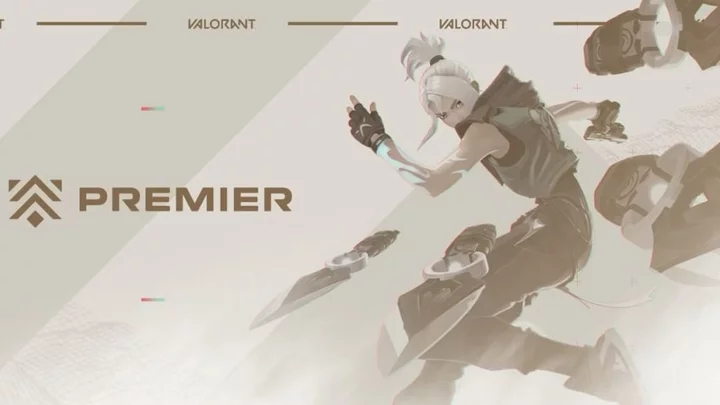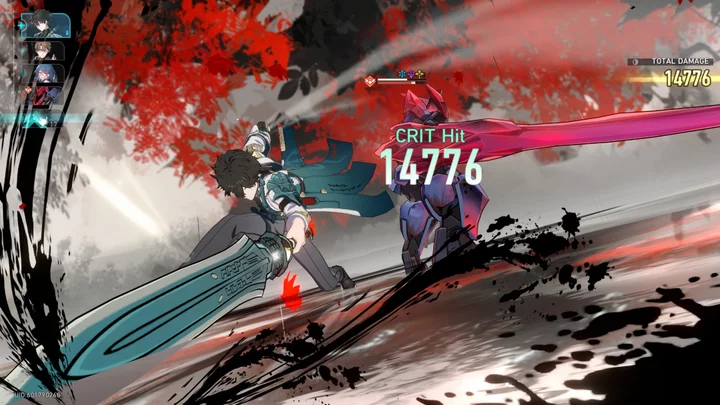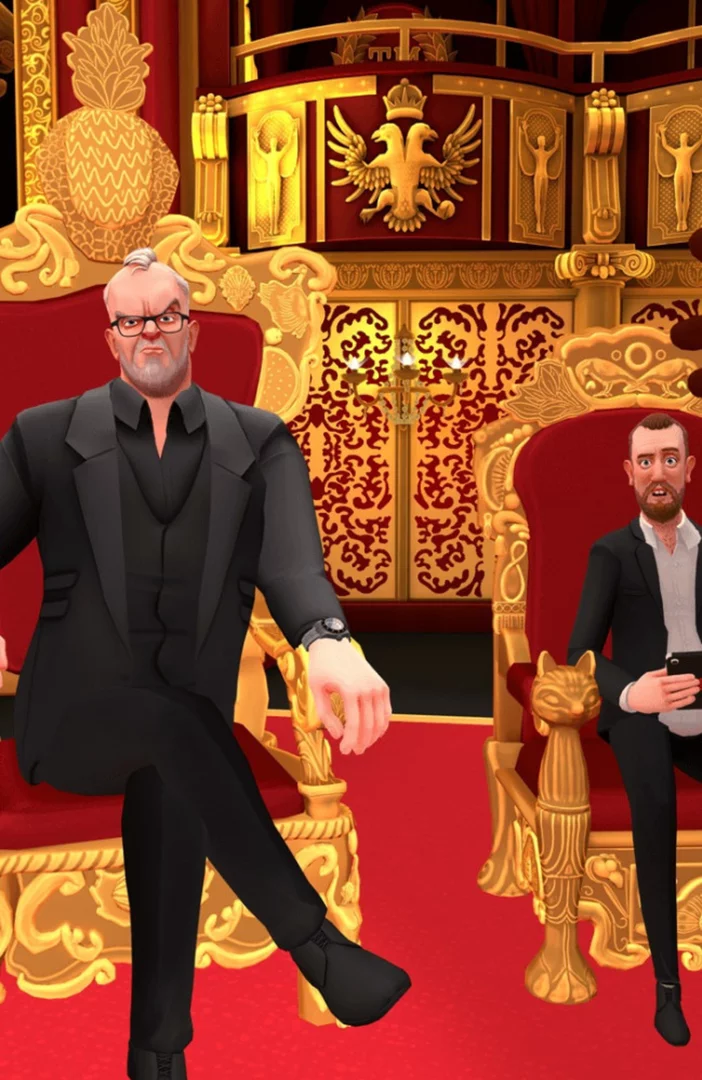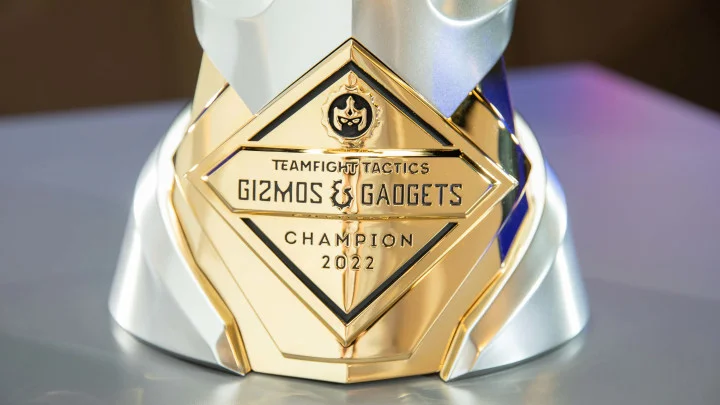Microsoft claims Sony pays developers for "blocking rights" in order to prevent content from being added to Xbox Game Pass, according to a report by VGC.
The claims were reportedly spotted in documents sent to Brazil’s national competition regulator, the Administrative Council for Economic Defense (CADE), as Microsoft looks to defend its proposed $68.7 billion acquisition of Activision Blizzard.
"It only reveals, once again, a fear about an innovative business model that offers high-quality content at low costs to gamers," Microsoft claims in the documents published by CADE, as translated from Portuguese (H/T VGC), "threatening a leadership that has been forged from a device-centric and exclusivity-focused strategy over the years.
"Indeed, Microsoft’s ability to continue expanding Game Pass has been obstructed by Sony’s desire to inhibit such growth. Sony pays for ‘blocking rights’ to prevent developers from adding content to Game Pass and other competing subscription services."
Sony has reportedly claimed to CADE that Xbox acquiring Call of Duty would be anti-competitive. Microsoft has previously confirmed CoD would remain a multi-platform franchise for the foreseeable future.
In a move that was to be expected, Activision Blizzard announced in late April that more than 98% of the shares voted at the Activision Blizzard Special Meeting of Stockholders were voted in favor of the proposed transaction with Microsoft.
If the transaction closes, Microsoft would become the world’s third-largest gaming company by revenue, behind Tencent and Sony.
Subject to customary closing conditions and the completion of regulatory review, the proposed transaction is expected to close in Microsoft’s fiscal year ending on June 30, 2023.
Of course, the major question mark remains as to whether or not Microsoft is able to convince regulators around the world to approve the transaction in the coming months.
In February, it was reported that the Federal Trade Commission (FTC) will lead the review of Microsoft's planned deal, an agency that has assumed a more aggressive stance on mergers in the tech space.
Although the FTC's correspondence is known to be private, that is not the case with CADE, which makes much of its responses public.
This article was originally published on dbltap as Sony Pays for Xbox Game Pass 'Blocking Rights,' Microsoft Says.

